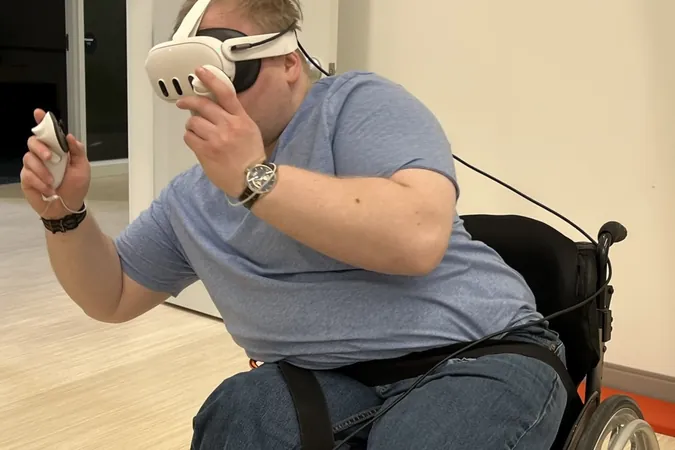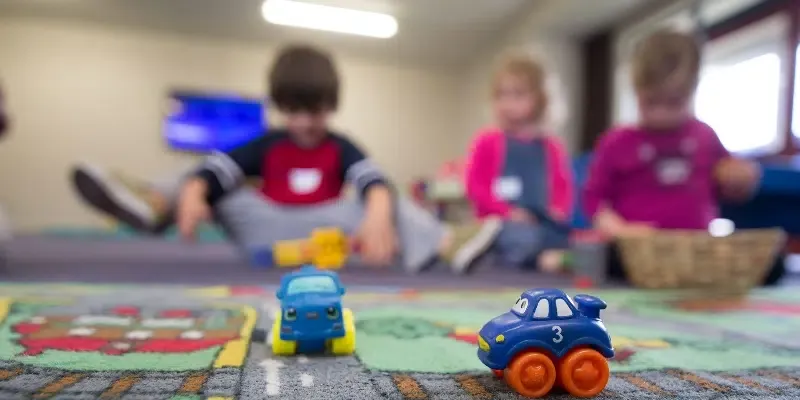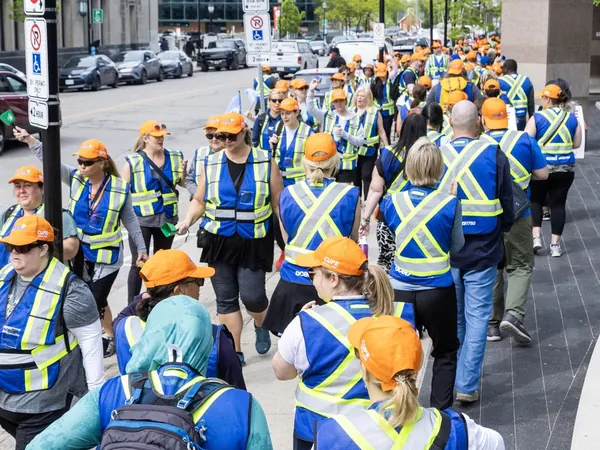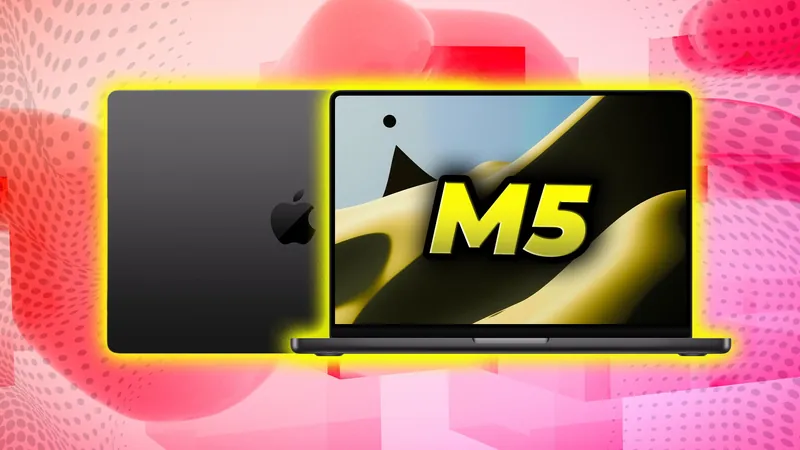
Revolutionizing Virtual Reality: Waterloo Researchers Make Gaming Accessible for All
2025-05-11
Author: Emily
Opening Doors to VR for Everyone
A groundbreaking team from the University of Waterloo is breaking barriers in the virtual reality (VR) landscape, crafting an innovative solution designed to enhance accessibility for individuals with mobility challenges.
The Challenge of VR Movement
Popular VR games, such as Beat Saber and Space Pirate Trainer, often require vigorous arm movements and quick lateral motions. Sadly, for users who rely on wheelchairs or have limited physical mobility, these requirements can make gameplay nearly impossible.
Introducing MotionBlocks: A Game-Changer
To tackle this issue head-on, the researchers developed MotionBlocks, a dynamic tool that allows players to customize game controls based on their unique range of movement. Lead author Johann Wentzel, a recent PhD graduate in Computer Science, emphasizes the importance of inclusivity in gaming, stating, "VR games are vital social spaces, especially for younger folks. Excluding anyone due to accessibility barriers undermines the essence of these experiences."
A Three-Phase Research Journey
The team’s ambitious project unfolded in three distinct phases. They began by engaging ten individuals with mobility restrictions, inviting them to play VR games and voice their frustrations while brainstorming potential solutions. These insights were crucial in the creation of MotionBlocks, which reprograms how VR platforms interpret controller actions.
Custom Controls for Personalized Experiences
Dr. Daniel Vogel, a professor at the David R. Cheriton School of Computer Science, elaborates on MotionBlocks: "Imagine remapping controls in traditional video games, but on a whole new level of customization in a 3D space. Users can define simple shapes that match their movements, like a small circle on a desk, and then translate that into the expansive movements required in VR games, such as large arm swings in Beat Saber. MotionBlocks bridges that gap beautifully."
Positive Feedback Empowers the Project
In the final phase, MotionBlocks was tested with eight participants from the study, who reported an overwhelmingly positive response. Users expressed increased enjoyment, less physical fatigue, and a profound sense of being included in a space they felt was previously designed without them in mind.
A Vision for the Future
Although the researchers currently have no plans to commercialize MotionBlocks, they hope this proof-of-concept will inspire the VR industry to incorporate similar features across all gaming platforms. Wentzel passionately asserts, "Every individual deserves the chance to enjoy VR tailored to their needs. It's time for the industry to step up!"
Presenting Innovation on a Global Stage
The team showcased their pioneering research, titled "MotionBlocks: Modular Geometric Motion Remapping for More Accessible Upper Body Movement in Virtual Reality," at the prestigious CHI Conference on Human Factors in Computing Systems in Japan, from April 26 to May 1, 2025.









 Brasil (PT)
Brasil (PT)
 Canada (EN)
Canada (EN)
 Chile (ES)
Chile (ES)
 Česko (CS)
Česko (CS)
 대한민국 (KO)
대한민국 (KO)
 España (ES)
España (ES)
 France (FR)
France (FR)
 Hong Kong (EN)
Hong Kong (EN)
 Italia (IT)
Italia (IT)
 日本 (JA)
日本 (JA)
 Magyarország (HU)
Magyarország (HU)
 Norge (NO)
Norge (NO)
 Polska (PL)
Polska (PL)
 Schweiz (DE)
Schweiz (DE)
 Singapore (EN)
Singapore (EN)
 Sverige (SV)
Sverige (SV)
 Suomi (FI)
Suomi (FI)
 Türkiye (TR)
Türkiye (TR)
 الإمارات العربية المتحدة (AR)
الإمارات العربية المتحدة (AR)